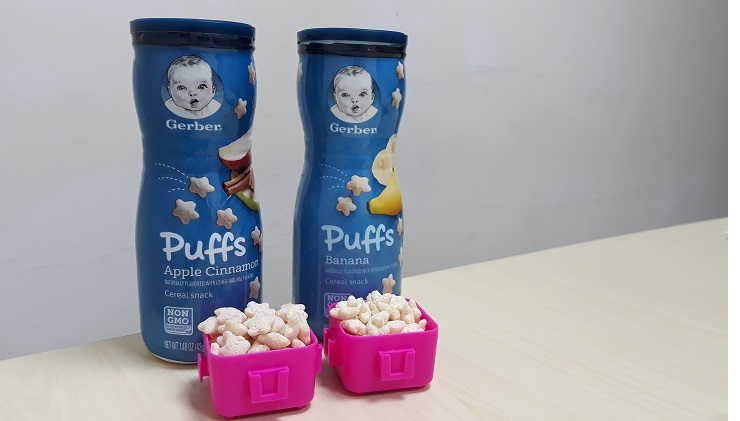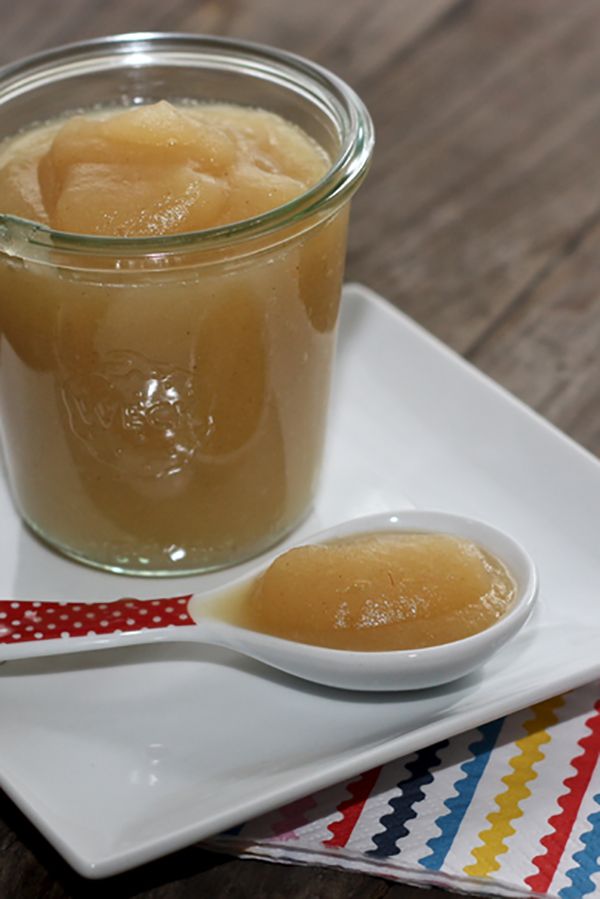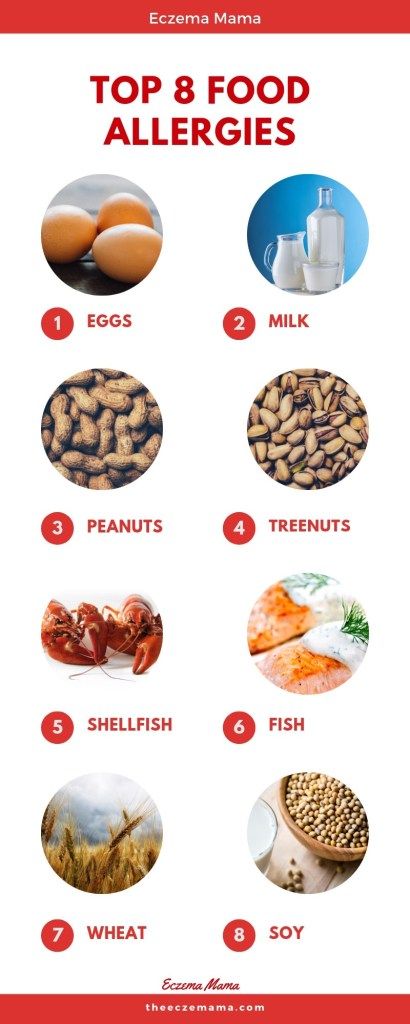When can i feed my baby gerber
When Can Babies Eat Gerber?
Baby Milestones: Starting Gerber
It probably seems like you welcomed your little one to the world just yesterday, and now he’s ready to start solids. Any new food besides formula or breast milk is considered a solid. Exploring new foods is an exciting time for mom and baby as you help him check out all the new tastes and textures. Gerber makes some ideal starter foods for your little one. Keep a few things in mind as your little guy expands his palate.
Signs Your Baby Is Ready to Eat Gerber
How Long Should I Feed My Baby Gerber Cereal for Babies?
Learn More
Like any milestone, the age that little ones are ready to eat Gerber varies. The American Academy of Pediatrics recommends waiting until your baby is 6 months old to start solids, but some pediatricians say it’s OK to start between 4 and 6 months. Check with your pediatrician to see what age he thinks is best.
Experts consider more than just age when introducing new foods, though. Keep an eye out for some signs your little one is ready to dig in to some new tastes. Your baby should be able to hold her head up well and turn it smoothly from side to side. She should also seem interested in food. Does she seem eager to take a bite or grab your fork if you’re eating near her? If so, she’s probably ready to try her own food.
If you start solids too early, it's possible your little one will just push the food right back out. This is because babies are born with something called a “tongue thrust reflex.” When something unusual is placed on your baby's tongue, she automatically sticks her tongue out rather than back. This protects your little one from choking, but it also makes it unlikely she'll push any food back into her throat before she's ready. This reflex starts to go away between 4 and 6 months.
Before 4 months, your little one's tongue and swallowing mechanisms also may not be ready to work together. This means that while she may not push it right back out, she may just move food randomly around in her mouth.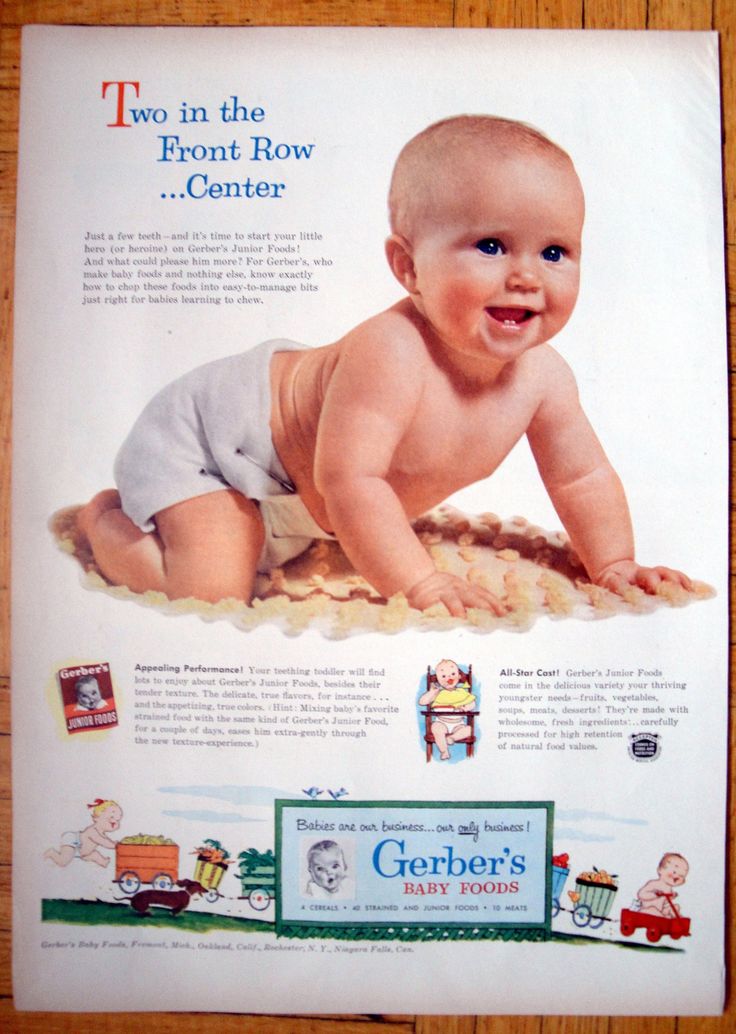
Good Starter Foods
No specific rules exist as to which food to introduce first, but many moms start with a single-grain cereal. These are good starter foods because most cereals are loaded with iron, which is good for your little one’s brain development, and they’re fairly easy for baby to digest.
Baby rice, barley or oatmeal are all popular cereals. Mix the cereal with breast milk or formula to a fairly thin consistency the first few times you offer some. As your little one gets used to the texture, you can thicken it by mixing in less liquid.
If you don’t offer cereal, introduce meat purees fairly early to ensure your baby is getting the necessary iron.
Choosing to start with a fruit or a vegetable is up to you. Starting with vegetables doesn’t guarantee your little guy will prefer them over sweeter fruits because babies have a natural preference for sweets. However, meats and vegetables have more nutrients than fruits or cereals.
It’s best to stick with pureed foods until your baby can sit up and bring his hands or other things to his mouth.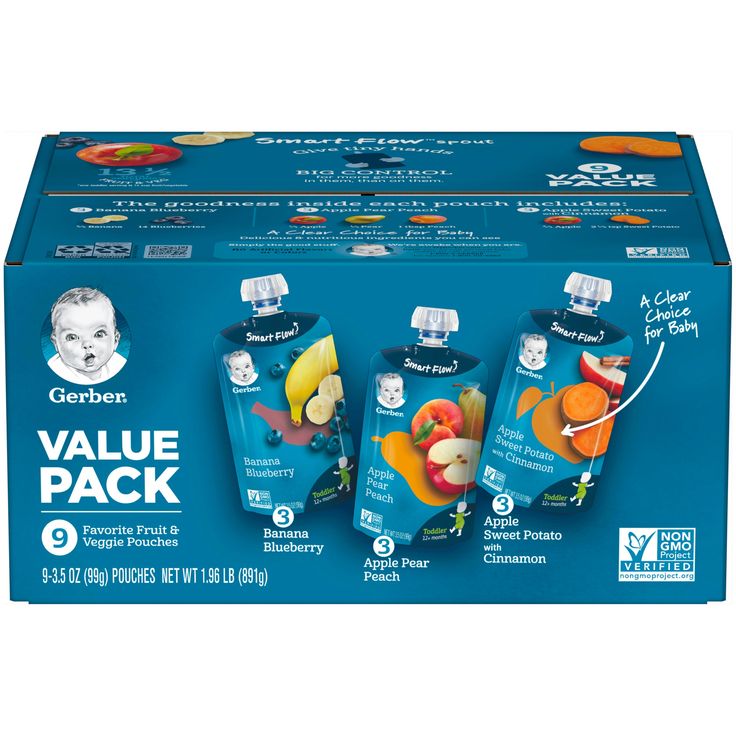 At this point, you can offer small, soft finger foods such as small pieces of banana, thoroughly cooked pasta, scrambled eggs or chopped chicken.
At this point, you can offer small, soft finger foods such as small pieces of banana, thoroughly cooked pasta, scrambled eggs or chopped chicken.
Making Eating Fun
When Can Babies Eat Yogurt?
Learn More
Actually feeding your little one the solids is the fun, but messy part. Put her in a high chair and put a bib on her. Better yet, strip her down to her diaper as long as it’s not too cold. Have a camera nearby so you can capture these firsts.
Put a dab of food on your little one’s high chair tray so she can explore it while you work on feeding her. She might surprise you and stick her fingers in it and then try it herself.
Pick a time of day when neither you nor your little one is tired and you have plenty of time to enjoy the experience. You might try nursing her or giving her a bottle first, so she’s not starving in case she doesn’t take to solids right away.
Use a baby-sized spoon to give your little one a half-spoonful or less of food.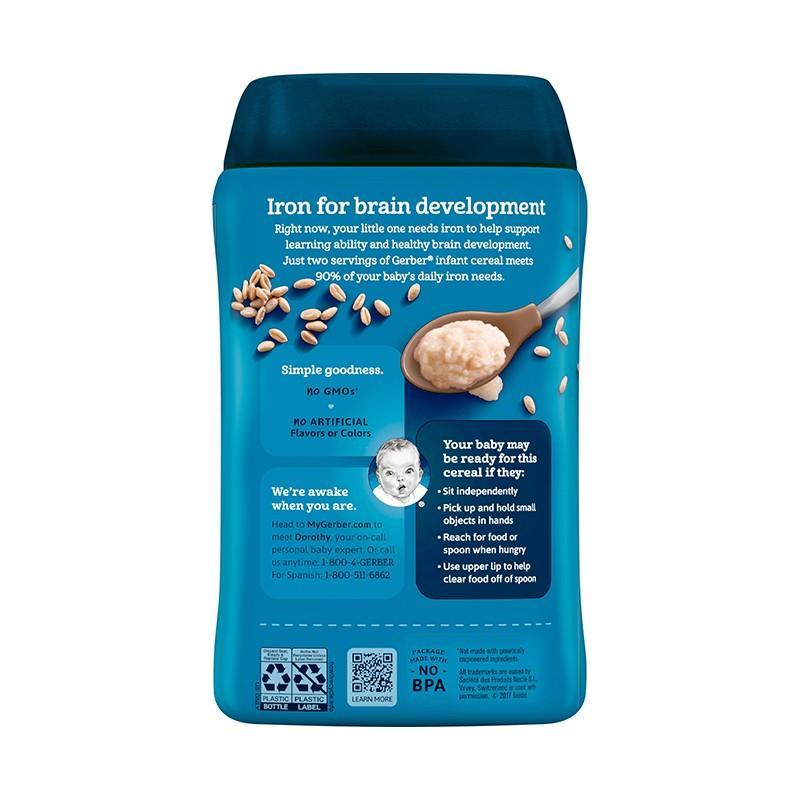 Don’t be surprised or upset if she makes funny faces or spits the food back out. It may take a few tries for her to get a feel for the texture. Talk to her while you’re feeding her to encourage her. Try some songs or zoom the airplane in to make the experience fun for her. If she cries or turns away, don’t push it. Try again in a week or so.
Don’t be surprised or upset if she makes funny faces or spits the food back out. It may take a few tries for her to get a feel for the texture. Talk to her while you’re feeding her to encourage her. Try some songs or zoom the airplane in to make the experience fun for her. If she cries or turns away, don’t push it. Try again in a week or so.
Allergy Considerations
As you introduce new foods, wait a few days to offer each one. This allows you to watch for any allergic reaction such as diarrhea, rash or vomiting. If you notice any of these reactions, stop giving the new food and talk to your pediatrician.
Once you’ve determined one food is safe, you can still offer that one even when introducing a new food.
Even highly allergenic foods, such as peanut butter, eggs, milk and fish, can be introduced to your baby early on as long as he hasn’t been diagnosed with any other food allergies, no siblings have an allergy, and he doesn’t have moderate-to-severe eczema.
The only things your baby should not have before age 1 are honey, which can cause botulism, and whole milk, which can be too difficult for your little one to digest.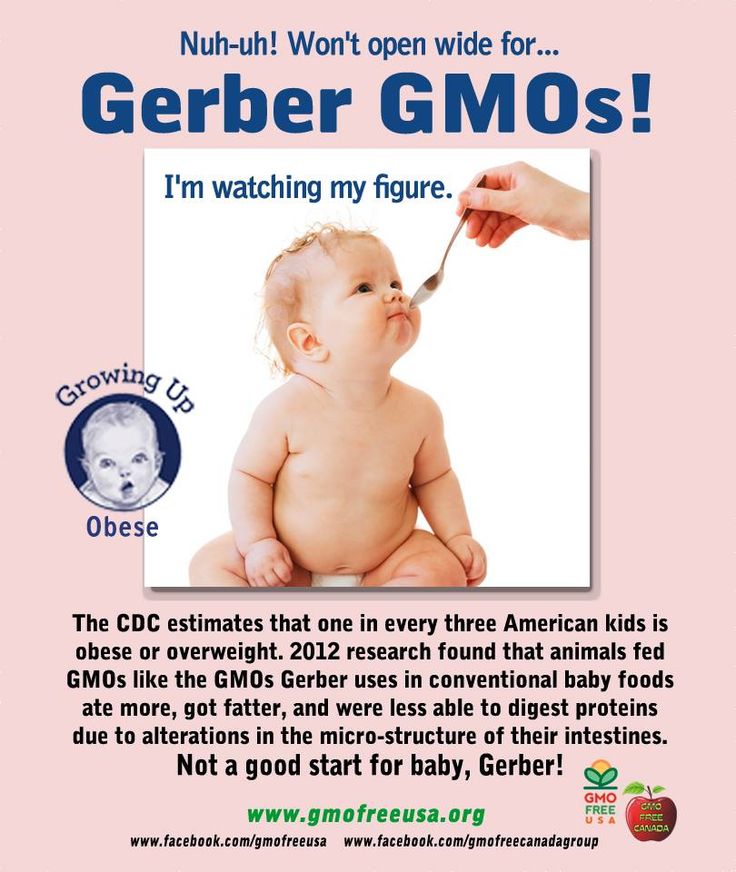
When Can My Baby Start Eating Solid Foods? (for Parents)
A friend just started giving her 3-month-old applesauce and rice cereal. My son is just 2 weeks younger than hers, and I am wondering if I should be introducing solids soon too. When should I start?
– Taylor
Doctors recommend waiting until a baby is about 6 months old to start solid foods. Starting before 4 months is not recommended.
At about 6 months, babies need the added nutrition — such as iron and zinc — that solid foods provide. It’s also the right time to introduce your infant to new tastes and textures.
Some babies may be ready for solids sooner than 6 months, but don't start until your baby is at least 4 months old.
How do you know it’s the right time to start solid foods? Here are some signs that babies are ready:
- They have good head and neck control and sit up in a high chair.
- They're interested in foods. For example, they may watch others eat, reach for food, and open their mouths when food approaches.
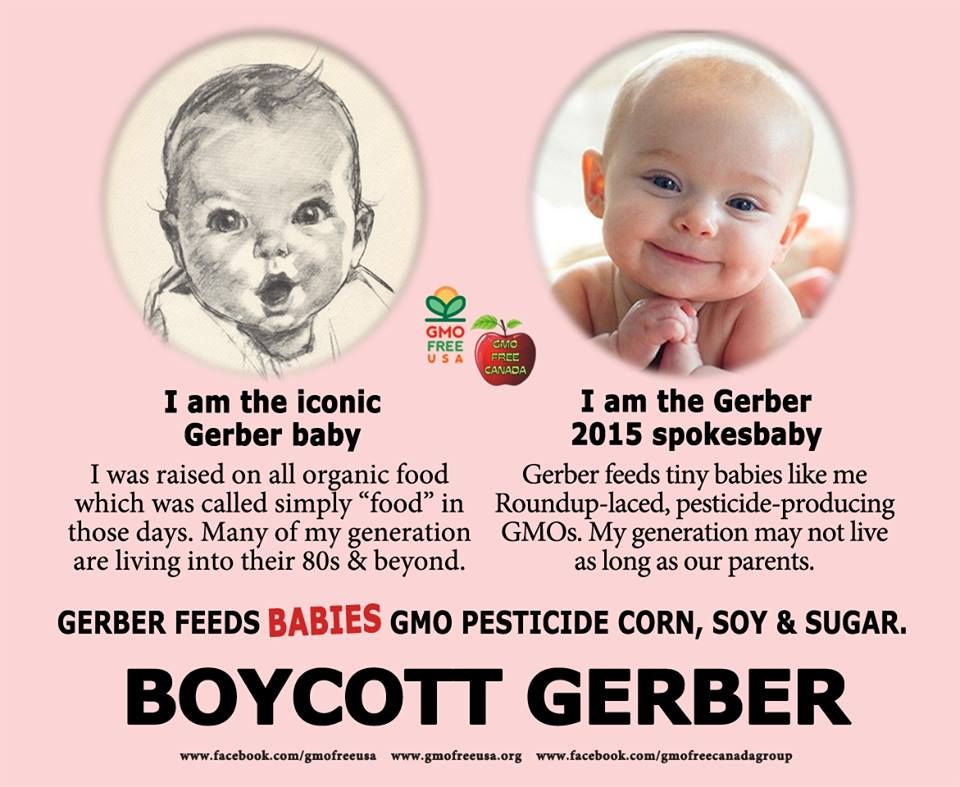
- They don’t push food out of their mouths, which is a natural tongue reflex that disappears when they’re between 4–6 months old.
- They weigh twice their birth weight, or close to it.
Talk to your doctor about the right time to start solid foods.
How Should I Start Solids?
When the time is right, you can start with a single-grain, iron-fortified baby cereal. Start with 1 or 2 tablespoons of cereal mixed with breast milk, formula, or water. Feed your baby with a small baby spoon. Don’t add cereal or other food to a baby's bottle because it can lead to too much weight gain. Let your baby practice eating from a spoon and learn to stop when full.
When your baby gets the hang of eating the first food, introduce others, such as puréed meat, fruits, vegetables, beans, lentils, or yogurt. Try one food at a time and wait a few days before trying something else new to make sure your baby doesn't have an allergic reaction.
Foods that are more likely to cause allergies can be among the foods you introduce to your baby.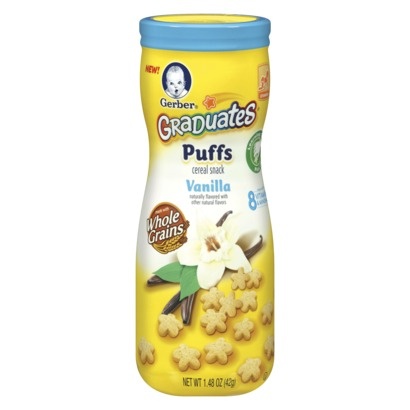 These include peanuts, eggs, cow’s milk, seafood, nuts, wheat, and soy. Waiting to start these foods does not prevent food allergies. Talk to your doctor if you are concerned about food allergies, especially if any close family members have allergies, food allergies, or allergy-related conditions, like eczema or asthma.
These include peanuts, eggs, cow’s milk, seafood, nuts, wheat, and soy. Waiting to start these foods does not prevent food allergies. Talk to your doctor if you are concerned about food allergies, especially if any close family members have allergies, food allergies, or allergy-related conditions, like eczema or asthma.
Infants with severe eczema or egg allergies are more likely to have allergies to peanuts. Talk to your doctor about how and when to introduce these foods to your child.
When starting your baby on solids, avoid:
- foods with added sugars and no-calorie sweeteners
- high-sodium foods
- honey, until after the first birthday. It can cause botulism in babies.
- unpasteurized juice, milk, yogurt, or cheese
- regular cow's milk or soy drinks before 12 months instead of breast milk or formula. It’s OK to offer pasteurized yogurt and cheese.
- foods that may cause choking, such as hot dogs, raw carrots, grapes, popcorn, and nuts
Also, do not give fruit juices to infants younger than 12 months old.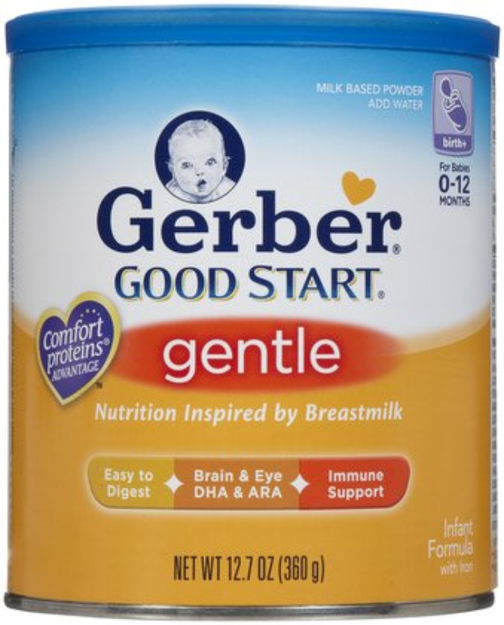
Over the next few months, introduce a variety of foods from all the food groups. If your baby doesn't seem to like something, don’t give up. It can take 8 to 10 tries or more before babies learn to like new foods.
Reviewed by: Mary L. Gavin, MD
Date reviewed: February 2021
Gerber baby food Pear and prunes puree - "The "perfect" composition and convenient packaging cannot but rejoice"
Hello everyone!
I regularly buy fruit purees for my baby, I have already tried many manufacturers and flavors. Today I will tell you about a new product - Gerber pear and prunes puree in a soft package pouch.
Manufacturer : Nestle, Poland
Price : 58 rub / 26 UAH
Appearance
Puree is presented in a purple package with pear and prunes design.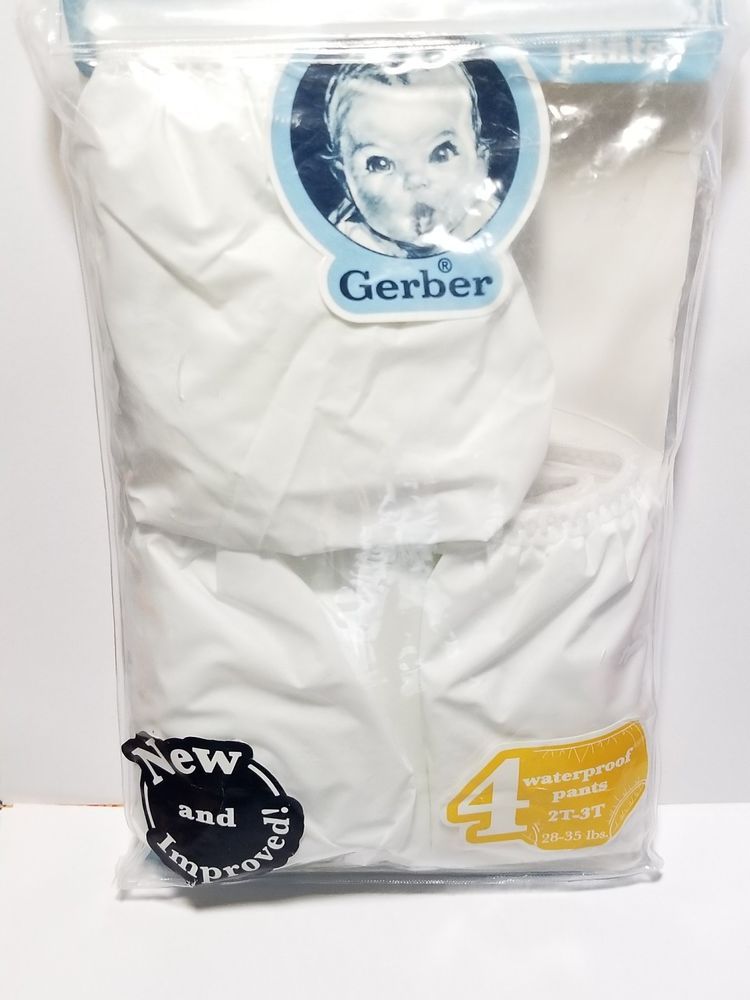 Such an appetizing image))
Such an appetizing image))
On the front side of the package, information about puree is indicated in Polish. However, the manufacturer also took care of us, consumers from other countries, and stuck a sticker on the back of the package with a full description of the product in the language of the country where you buy this puree (in this case, Ukrainian).
Packaging
What is it?
Pouch is a type of flexible packaging made of thick food film for food storage.
From my experience, this type of packaging is very convenient, especially if you are going to feed your baby outside. No need to clink glass jars and carry a spoon with you to feed your baby. You can slowly squeeze the mashed potatoes right into the mouth of a small eater (or if the child is older, you can give him a package in his hands and he will do a great job eating the mashed potatoes on his own).
The pouch is unbreakable and easy to carry, store and use.
A screw cap is provided at the end of the pouch for ease of use.
Composition
is indicated on the packaging and translated into the country's language in which puree is sold:
Composition: 65% puree from pears, 35% puree made of Chernosoly, vitamin C.
100% natural fruit. No added sugar.
The composition is simply perfect - there are no additives in the form of water, starch and other delights that food manufacturers love to add to products. What made me very happy))
Trying..
Ideal for babies as food.
Taste: sweet and sour, closer to sweet. More prune than pear.
The manufacturer writes that this puree can be given to children from 6 months. Personally, I gave from 9, I was reinsured due to the presence of prunes in the composition (it weakens many children, so be careful).
Personally, I gave from 9, I was reinsured due to the presence of prunes in the composition (it weakens many children, so be careful).
In our case, it does not cause allergies, the child eats with pleasure.
**** Conclusions ****
Gerber pear-prune puree has the following benefits :
- Natural composition
- Homogeneous consistency
- pleasant taste
- Convenient packaging spider
Disadvantages : no
I recommend GERBER FAILS! Perfect for babies and toddlers!!!
*** Thank you for your attention, good luck to everyone!! ***
Read also my other reviews on "children's" topics:
Conductive Curly for children's clothing Maestro
Powder for children's things Galinka
olive oil ELLADA Kid Extra Virgin
Our first cheese tilsiter
Milupa
9000 9000) resources for families affected by formula shortages- Home
- Infant Formula Shortage
Shortage of infant formula throughout the country has caused stress in many families.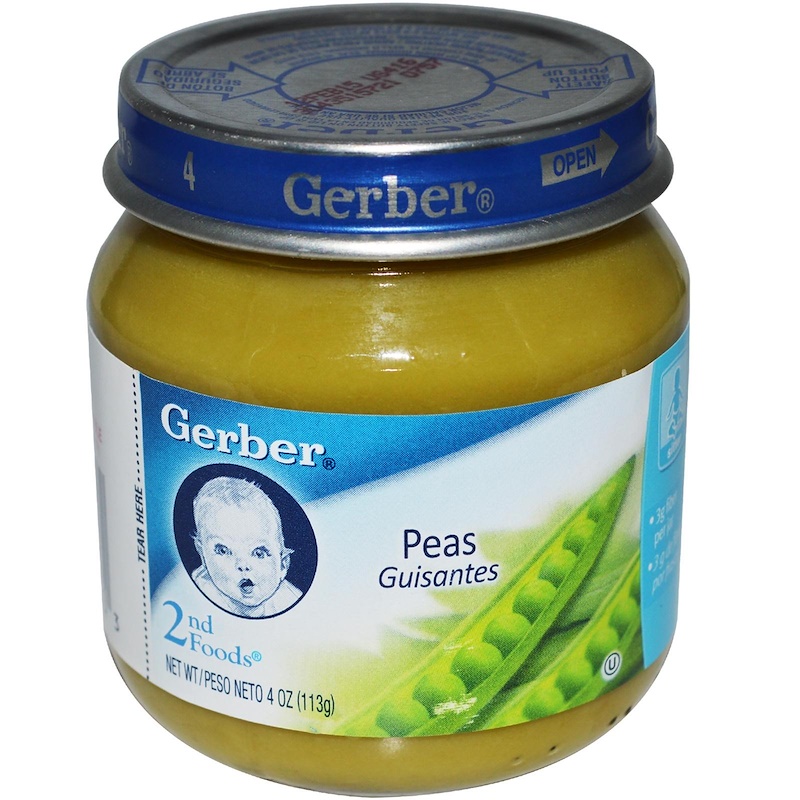 These resources will help families find foods that will help them feed their children well. The information below is provided by organizations such as the American Academy of Pediatrics (AAP, American Academy of Pediatrics) (link in English), U.S. Department of Health and Human Services (US Department of Health and Human Services) (link in English), Washington State Women, Infants and Children Nutrition Program (WIC), Centers for Disease Control and Prevention (CDC, Centers for Disease Control and Prevention) (link in English) and U.S. Food and Drug Administration (FDA, US Food and Drug Administration) (link in English).
These resources will help families find foods that will help them feed their children well. The information below is provided by organizations such as the American Academy of Pediatrics (AAP, American Academy of Pediatrics) (link in English), U.S. Department of Health and Human Services (US Department of Health and Human Services) (link in English), Washington State Women, Infants and Children Nutrition Program (WIC), Centers for Disease Control and Prevention (CDC, Centers for Disease Control and Prevention) (link in English) and U.S. Food and Drug Administration (FDA, US Food and Drug Administration) (link in English).
- What should I do if I can't find formula for my baby?
-
For information about your child's nutrition, it is best to contact your pediatrician, nurse or clinic. Contact them if you have any questions.
If you are on WIC:
- Contact your local WIC clinic (link in English) to find out how you can get formula for your baby. WIC is now providing more types of milk formulas to give families a greater choice of products.
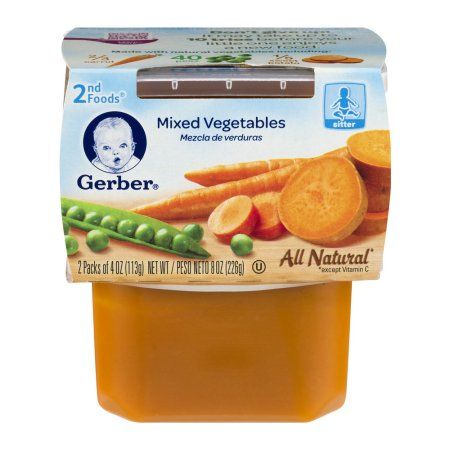
- If you cannot go to your local clinic, call your state WIC office at 1-800-841-1410, Monday through Friday, 8:00 am to 5:00 pm.
- Visit the Washington State WIC webpage (in English) to learn more about WIC approved infant formula.
Basic Food benefits from the Supplemental Nutrition Assistance Program (SNAP) can be used to buy infant formula at a variety of stores, including pharmacies. You can use these allowances to shop online or in a brick-and-mortar store. To find out if you qualify for SNAP benefits, visit Parenthelp123 (in English) or call 1-800-322-2588.
All other families can:
- Choose groceries from small shops and pharmacies or buy online from company stores and pharmacies.
- Contact manufacturers directly:
- Use Gerber's MyGerber Baby Expert (link in English) to connect with a Certified Nutrition or Lactation Consultant by phone, text, Facebook Messenger, web chat, or video call . It will help you find a similar milk formula that may be more affordable.

- Call the Abbott Consumer Hotline at 1-800-986-8540.
- Use the Abbott Rush Request Form (link in English). Ask your OB/GYN, pediatrician, nurse or clinic to apply for an urgent item through Abbott.
- Call Mead Johnson/Reckitt Customer Service at 1-800 BABY-123 (222-9123).
- Use Gerber's MyGerber Baby Expert (link in English) to connect with a Certified Nutrition or Lactation Consultant by phone, text, Facebook Messenger, web chat, or video call . It will help you find a similar milk formula that may be more affordable.
- Check out the community information resources:
- Find a Community Action Agency (CAA) near you (link in English). Your local CAA can give you formula or help you contact local agencies that have formula in stock.
- Call United Way 2-1-1 (link in English): Dial 2-1-1 to be connected to a public information resource specialist at United Way. It can help you find food outlets and other places where you can get cheap or free formula and baby food.
- Call your food bank (link in English) to see if formula is in stock.
- Go to your doctor, nurse or hospital for donated milk. With a prescription, you can get quality donor breast milk from Northwest Mother's Milk Bank (link in English).

- In such an emergency, the American Academy of Pediatrics states that most children can switch to any available formula, including store brands, unless your child needs a special formula. If your child is using certain highly hydrolyzed formulas (link in English) or amino acid formulas such as Elecare, ask your pediatrician, nurse or clinic about other options.
- Check with your OB/GYN or pediatrician, nurse, or clinic to see if they have formula samples on hand that they can provide.
- Contact your local WIC clinic (link in English) to find out how you can get formula for your baby. WIC is now providing more types of milk formulas to give families a greater choice of products.
- Can I add more water to formula milk to keep it longer?
-
No. You should always follow the instructions on the package and any information given to you by your pediatrician, nurse or clinic. Diluted formula is dangerous and can result in your baby not getting enough nutrients. This can cause serious health problems.
- Can I make formula milk at home?
-
The American Academy of Pediatrics strongly advises against making your own formula.
 Homemade formula is not safe and does not provide enough nutrients for the baby. Some infant deaths have been linked to homemade formula feeding.
Homemade formula is not safe and does not provide enough nutrients for the baby. Some infant deaths have been linked to homemade formula feeding. - Can I get imported infant formula?
-
Managed by U.S. The Food and Drug Administration (FDA) has taken steps to increase the supply of imported infant formula. On May 16, the FDA said that imported products that meet safety and nutrition standards could enter the US in the coming weeks (link in English).
- Can I feed my baby formula for children aged 1-3 years?
-
The American Academy of Pediatrics (AAP) does not recommend feeding these formulas to infants. However, the AAP adds that if you have no other choice, formula milk for children aged 1-3 can be given to babies who are almost one year old for a few days.
- Can I give preterm formula to a term baby?
-
The American Academy of Pediatrics (AAP) states that infant formula made for premature babies is safe to feed term babies for several weeks if no other options are available.

- Can I give my baby cow's milk instead of formula?
-
Whole cow's milk may be an option for short periods of time (up to a week) for infants over 6 months of age who are on regular (not special) formula, according to the American Academy of Pediatrics. They say that this is not ideal and that such milk should not be given for more than a week. When feeding cow's milk, it's important to make sure your baby gets enough iron to prevent anemia (link in English). It is also important to give your child a variety of solid foods that contain iron (such as canned meat baby food or iron-fortified cereals). If you need to feed your baby whole cow's milk for a week during a formula shortage period, discuss this with your pediatrician, nurse, or clinic staff.
- Is it possible to feed a baby with goat's milk?
-
Goat's milk is not approved for infant feeding in the United States. However, some countries have approved infant formula made from goat's milk.
 In U.S. management The Food and Drug Administration may consider allowing imports of these products during this shortage.
In U.S. management The Food and Drug Administration may consider allowing imports of these products during this shortage. - Can I give plant-based milk to my baby?
-
- The American Academy of Pediatrics (AAP) does not recommend the use of milk alternatives for children under one year of age or who require specialty formula milks. In an emergency, soy milk can be given to a nearly one year old baby for a few days, the AAP says, but soy milk must be fortified with protein and calcium. Be sure to return to using formula as soon as it becomes available again.
- Do not give your child almond or other plant-based milks. They often don't have enough protein and minerals for your baby.
- Talk to your pediatrician, nurse, or clinic if you plan to feed your baby with plant-based milk.
- My baby needs a special formula that has been discontinued by Abbott. What should I do?
-
Managed by U.S. The Food and Drug Administration has said it will allow Abbott to market selected specialty and metabolic formulas (link in English) from the company's Sturgis, Michigan plant in certain situations.
